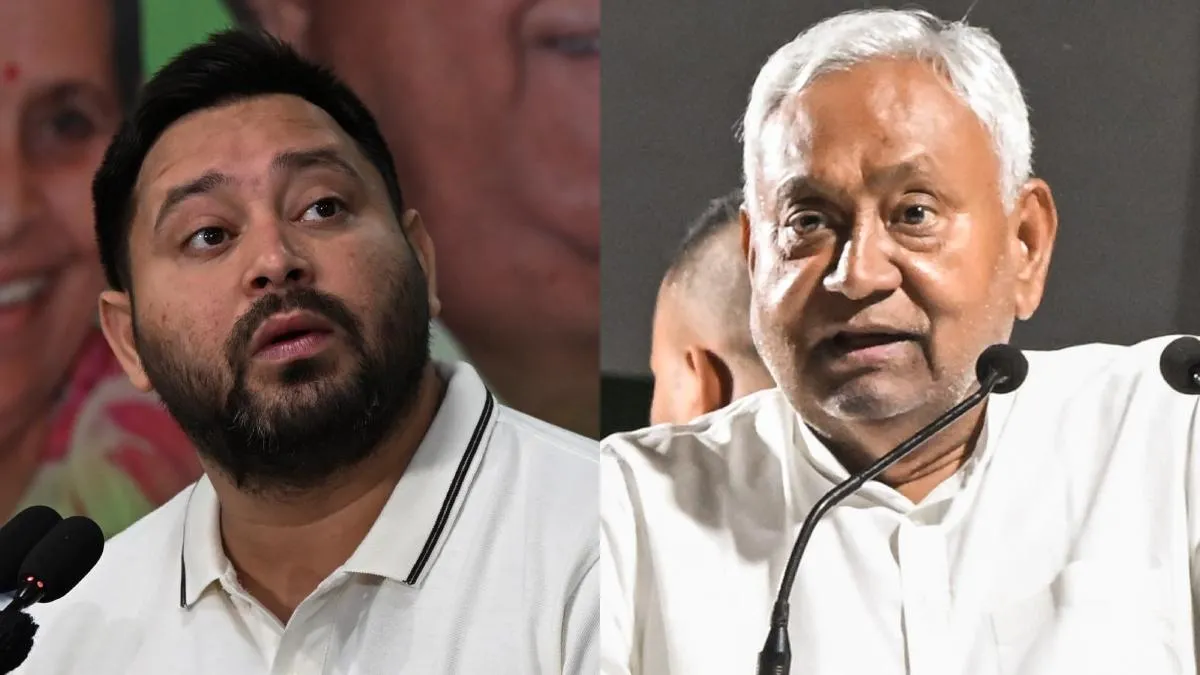- By Akansha Pandey
- Tue, 28 Oct 2025 02:57 PM (IST)
- Source:Jagran News Network
As the first phase of elections approaches, the RJD and JDU are making claims from their respective angles to woo Muslim voters. In this process, a turn towards clarification is also visible. Tejashwi Yadav has focused his attention on Muslim voters regarding the Waqf Act. At several places, he has stated that if his government comes to power, it will "throw the amendments made to the Waqf Act into the dustbin."
On the other hand, JDU's acting National President Sanjay Jha said that when the Waqf Act first came as a bill, the JDU had suggested the formation of a Joint Parliamentary Committee (JPC) on the issue. On JDU's advice, a JPC was indeed formed. When the bill was passed, the JDU's amendments were kept at the center. "A law is a law; how can anyone throw it in the dustbin?" he remarked.
Chief Minister Nitish Kumar is also counseling Muslim voters, stating that his government has given the Muslim community their full rights without any discrimination and that they are receiving proper representation in every field. Without naming the RJD, he said that previous governments used the Muslim community only for votes and gave them no share.
As the JDU National President, Nitish Kumar is also highlighting that with the assembly elections near, "some people are once again busy trying to portray themselves as well-wishers of the Muslim community." He alleged that various lures and tactics are being adopted "just to get the votes of the Muslim community."
In an advisory tone, Nitish Kumar is also telling the Muslim community to remember the work his government has done for their society and to "decide who to vote for based on that."
It should be noted that the Muslim population in Bihar is approximately 17.7 per cent. This population plays a decisive role in the elections of 50 to 70 assembly constituencies in Bihar. In the districts of the Seemanchal region—for instance, Kishanganj, Katihar, Araria, and Purnia—the number of Muslim voters is as high as 40 per cent.
The Muslim population is 68 per cent in Kishanganj, 44 per cent in Katihar, 43 per cent in Araria, and 39 per cent in Purnia. In the 2020 assembly elections, 19 Muslim MLAs were elected, which is 8 per cent of the total MLAs.

